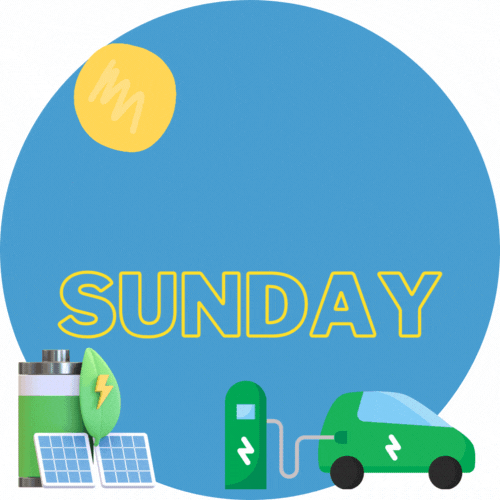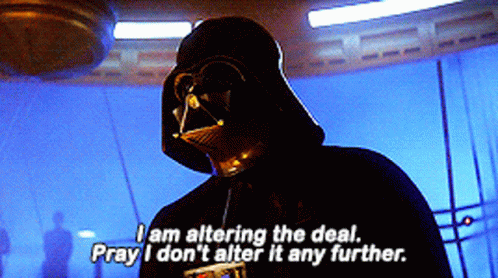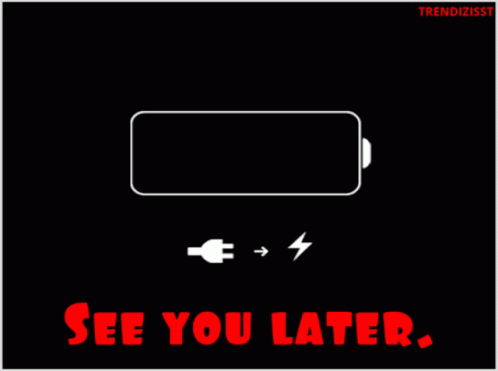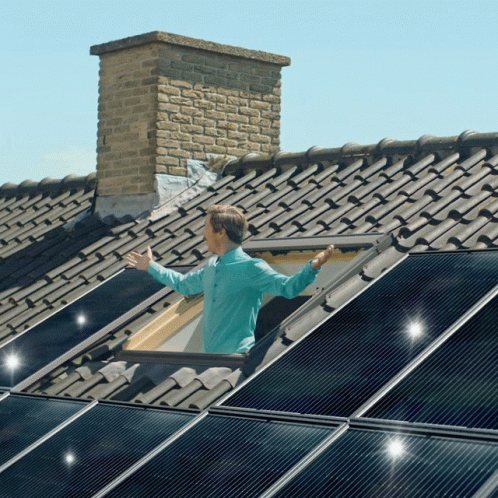The five biggest mistakes people make when installing solar panels

Hello friends,
I've started my first YouTube mini-series, "Solar Sundays", in which we'll explore the world of home generation and renewable energy.
As someone who is passionate about renewable energy, I understand the appeal of installing solar panels. They are a great way to reduce your carbon footprint while also saving money on your energy bill. However, not everyone who installs solar panels ends up satisfied with their decision. In fact, there are five common mistakes people make when installing solar panels that can lead to disappointment and regret.
Mistake #1: Using a solar leasing company instead of purchasing the panels outright
Leasing solar panels is an approach that means you, as a homeowner, can get solar panels installed on your roof for free without paying anything down. You get the benefit of cleaner, greener energy without doing anything further. Or you can purchase cheaper energy per kWh, hopefully cheaper than your usual tariff. Sounds like a ‘win-win’, right? Well, not quite. Leasing solar panels will put a lien on your home, which is a problem when you come to sell. The leasing company owns the panels and the inverter. Anyone buying your home has to take over the lease contract with the solar supplier - and will be prevented from being able to own the panels or install their system. These leases are sometimes called “Third-party owned solar leases” or “power purchase agreements”. Leases, especially in the UK, were very common some years ago when FIT payments were generous and could be locked in with the supplier - generating a decent return for the leasing company. I suspect the leasing companies may be reluctant to allow you to install battery storage at home later as they generate income from selling excess back to the grid rather than letting you store it yourself for later. They may not ‘allow’ you to install batteries. Whilst leasing seems less common now, I have seen a lot of adverts on social media from leasing companies - so, if considering the ‘zero deposit’ solar option, tread carefully.
It is nearly always better to calculate a loan and purchase your solar panels that way. Some finance companies have specialised lines of credit for home improvements, especially for installing renewables. You might find as I did - that this is a better way to fund and purchase solar panels rather than lease them.
Mistake #2: Failing to buy quality hardware or buying cheap and/or DIY'ing an install
When buying solar panels, it's important to buy brand names because they have long lives and warranties to match. Make sure you pick a company that will likely still be around a decade from now to honour any warranty claims. These brands include Panasonic, Sunpower, LG, RecSolar, and Chinese brands such as JASolar, Longesolar, Trina, and Jinko Solar. The same applies to inverters. Micro-inverters and optimizers from companies like Teago, Nphase, and SolarEdge are good choices.
Don't buy solar panels intending to make money with the FIT export. Instead, I recommend battery storage to store any excess energy. This is because many electricity companies offer only a fraction of the retail price of electricity for excess energy sent back to the grid. In most cases, using the energy you generate yourself is more cost-effective than exporting it. For example, our energy supplier will pay us 8 pence per kWh that we send to the grid during the day, but they’ll charge us 22p for each kWh that we use from them during the evening. Each 8p they pay us during the day is sold to someone else at full price, and the energy company makes a profit. Hardly a fair deal, that!

Mistake #3: Paying cash or not asking for a finance quote from your solar installer
Paying cash for a solar energy system may not be the best financial decision due to inflation. The value of money decreases over time, meaning that the money you spend on a solar system today may be worth less in the future. Financing allows you to spread the cost over time while potentially locking in a lower interest rate. This can make the investment more manageable and potentially more cost-effective in the long run.
Asking for a finance quote from your solar installer may be beneficial because they can offer better terms through their financing partners. Some installers effectively pay a deposit to the lender, which results in a better interest rate than you might get approaching a lender directly. It's always worth getting a finance quote from the installer.
Mistake #4: Not installing a battery storage system to store excess energy
If you install solar panels at home but are away during the day, you won't be able to use the power you generate. Instead, you'll have to export it to the grid for a fraction of the price of the energy that you have to buy later.

I think for the majority of scenarios it is not worth installing solar if you do not also install battery storage. And in some cases, battery storage alone is more financially viable than installing solar panels. I’ll explain why later.
Mistake #5: Installing solar panels when it's not the best choice
Suppose you live in an area where electricity is already very cheap. In that case, you may feel that the cost savings from solar panels might not be significant enough to justify the investment.
If you have significant shading, perhaps by neighbouring properties or trees - although solar optimizers go a long way to dealing with the efficiency loss, it isn’t ideal. The cost per panel of an unshaded and shaded panel is the same, but the generated output won’t be.
If you live in a building where it is not feasible or practicable to install solar panels, but you have access to a time-of-use tariff - you may find that installing home battery storage is a compelling option that you may not have considered. You already know that home batteries store energy from solar panels for use during the evening and overnight. But you might not know that with a time of use or dual tariff - you can ‘download’ energy at the cheaper off-peak rates, typically in the middle of the night or for very short periods during the day - for use when energy prices are higher. The savings from this alone may make battery storage a financially sensible decision even without solar panels. You also gain protection from grid outages. By shifting your energy usage from expensive peak times to cheaper off-peak times, you also help the grid to flatten the daily demand curve - contributing towards a greener grid for all too! All of this without generating any renewables!
While the financial and reliability-based reasons for installing solar panels and home battery storage are undoubtedly important, it's also worth noting the significant environmental benefits of these installations. By generating your electricity from the sun, you can reduce your carbon footprint and help to combat climate change. Furthermore, solar panels and home battery storage systems can help to create a more sustainable and resilient energy system for your home and community.
If you're considering solar panels, watch out for these common mistakes. By making informed decisions and seeking out the best options for your energy needs, you'll enjoy the benefits of clean, renewable energy without any regrets.
Thanks for watching, and you'll hear from me again in next week's Solar Sunday!

-Mike (AKA: The Diving Developer)
